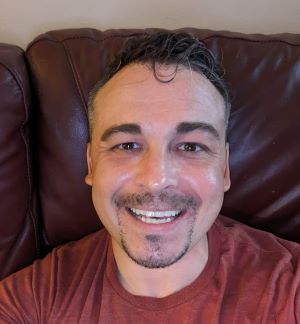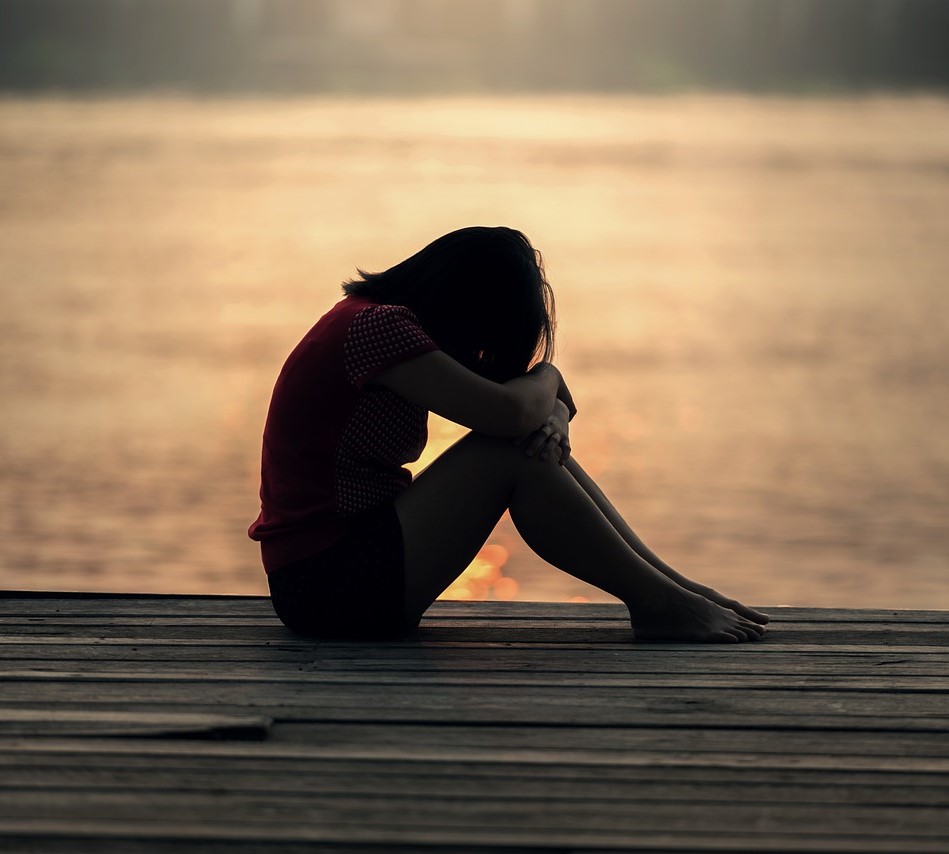Family Trauma and BDD
Healing from Family Trauma and BDD
A Dysfunctional Family
Childhood Teasing and Feeling Rejected
Healing from Childhood Trauma
Recovery from BDD is Possible
Overcoming BDD symptoms and the stigma that comes from having a mental health condition was not easy. However, conquering my BDD and related depression has given me confidence, freedom, and power. I want others to experience the joy that comes from living the life they have imagined. Internalized stigma, due to feeling rejected, unlovable, and ugly, controlled my life for 20 years. I know that finding peace and happiness is possible.I first learned about the disorder by reading an article in Shape Magazine in 1998 with excerpts taken from Dr. Katharine Phillip’s book The Broken Mirror (1996/2005).
I hope reading the stories and blogs on the International OCD website provides hope to those with BDD that they can recover. BDD is a devastating, debilitating disorder, and one that needs to be better recognized so more people get the treatment they need to recover. There are effective treatments available for the millions around the world who suffer from BDD and related mental health conditions. Please get the help and support you need to cope with and overcome BDD symptoms. There are resources available on the International OCD Foundation site (bdd.iocdf.org) and on the BDD Foundation site (bddfoundation.org). Both sites offer treatment and diagnostic information about BDD and links to peer support groups. You may email me at eva@recoveryfrombdd.com to share your story and learn more about my recovery from BDD.





Dear Dr. Fisher,
Yours is an amazing story. Except for one patient of mine (I am a plastic surgeon long interested in BDD), I had not heard of a BDD patient who recovered. You are doing a very worthwhile service.
I wrote a book about my patients and speculated, based on my research, that childhood abuse and neglect, like what you experienced, generated body shame, which in turn predicted all the characteristics of BDD. For a long time mental health didn’t want to accept my ideas, but now a group in Melbourne led by Dr. Amy Malcolm have found the same. That’s good news because trauma therapy aimed at the destructive childhood experiences should help BDD individuals. You can find my book on Amazon, and I just released a documentary on YouTube of a patient of mine who also recovered. I admire what you are doing. Mark Constantian, MD.